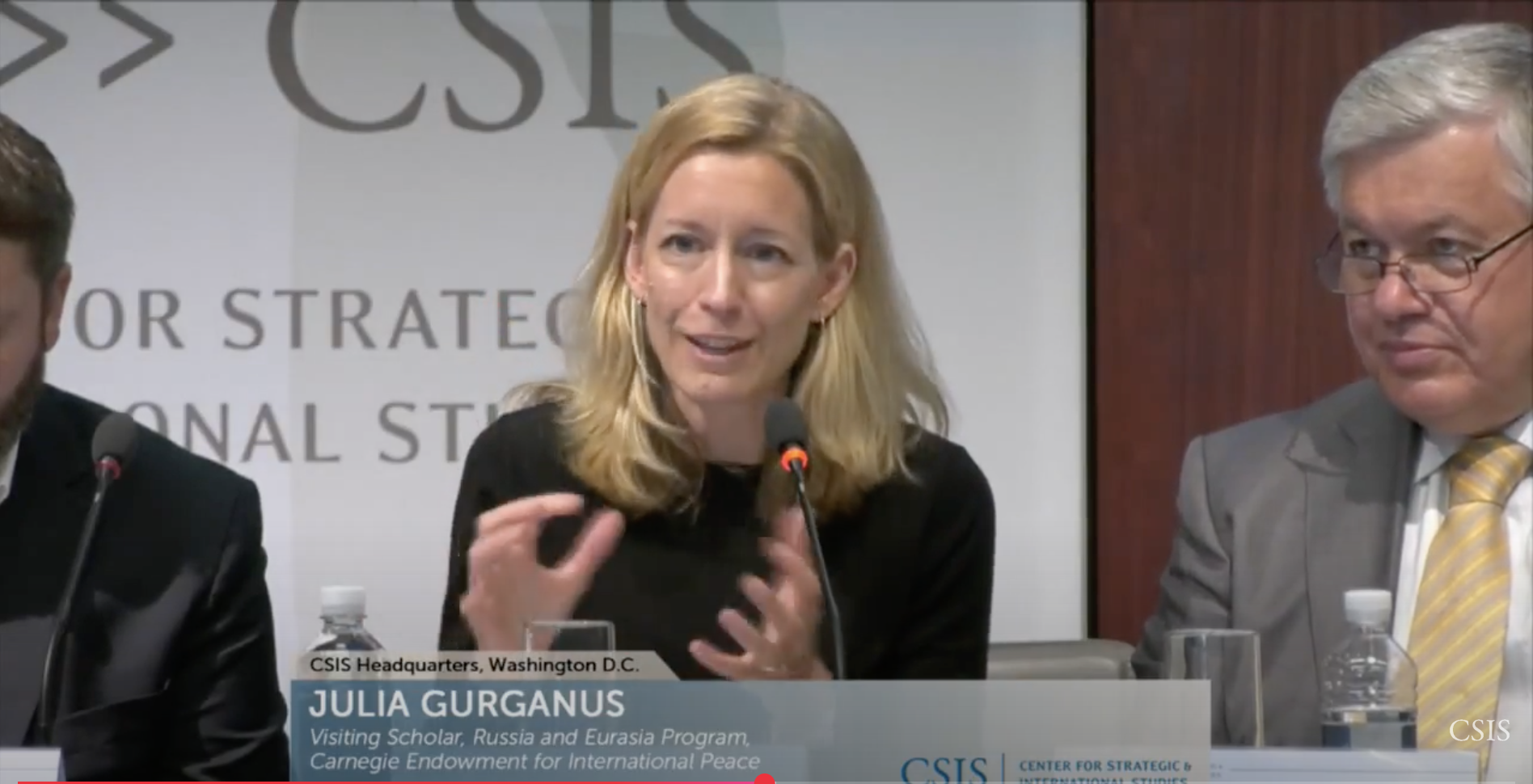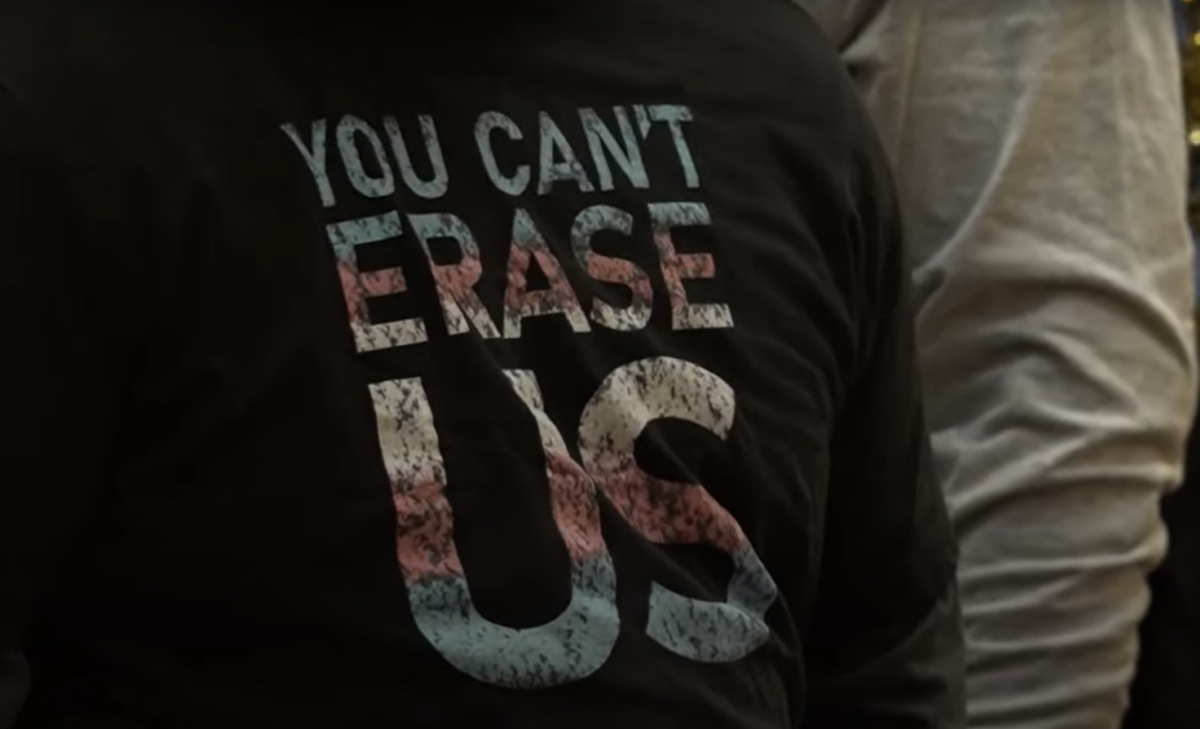A shooting at a Catholic school in Minneapolis on Wednesday left two children dead and at least 17 others injured. The suspect, identified as 23-year-old Robin Westman, has drawn attention not only for the violent act but also for his gender identity, which has sparked debate over media portrayal and the connection between mental health and gender dysphoria.
Westman, who was previously named Robert, legally changed his name at age 17. Reports indicate that he expressed regret about his gender transition, stating in a journal, “I am tired of being trans, I wish I never brain-washed myself.” This admission has led some commentators to question the media’s framing of the incident, particularly regarding the role of Westman’s gender identity in the shooting.
The New York Times reported on the shooting, emphasizing that the motive remains unclear. The article referred to Westman using female pronouns, which has drawn criticism from various quarters. Critics argue that the media’s insistence on framing the shooter through a gender identity lens may obscure important discussions about mental health and violence.
“The media’s approach seems to dismiss the potential link between mental health issues and violent actions, especially in cases involving gender dysphoria,” said Dr. Emily Carter, a psychologist who specializes in gender identity issues. “Understanding the complexities of these situations is crucial for preventing future tragedies.”
Supporters of the transgender community argue that attributing violent behavior to gender identity perpetuates harmful stereotypes. They assert that the vast majority of transgender individuals are not violent and that mental health challenges can affect anyone, regardless of gender identity.
“It’s important to recognize that violence is a complex issue that cannot be reduced to someone’s gender identity,” said Alex Rivera, a spokesperson for a local LGBTQ+ advocacy group. “Focusing on these narratives can further stigmatize an already marginalized community.”
The incident in Minneapolis is not isolated. There have been several mass shootings in recent years involving individuals who identified as transgender or nonbinary. Notable cases include the 2023 shooting by Audrey Hale, who used male pronouns, and the 2022 incident involving Anderson Lee Aldrich, who claimed to be nonbinary. Critics point to these examples as evidence of a troubling trend, while supporters caution against drawing broad conclusions based on a few cases.
As the investigation continues, the Minneapolis community grapples with the aftermath of the shooting. Local authorities have emphasized the need for mental health resources and support for those affected by the tragedy. The debate over media coverage and the implications of gender identity in violent acts is likely to persist as more details emerge.
In the wake of this incident, many are calling for a more nuanced understanding of the intersection between mental health and gender identity. The challenge remains to balance the need for accurate reporting with the responsibility to avoid reinforcing stereotypes that can harm vulnerable communities.
READ MN Shooting Shows Democrat Comfort With Satanic Talking Points



